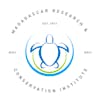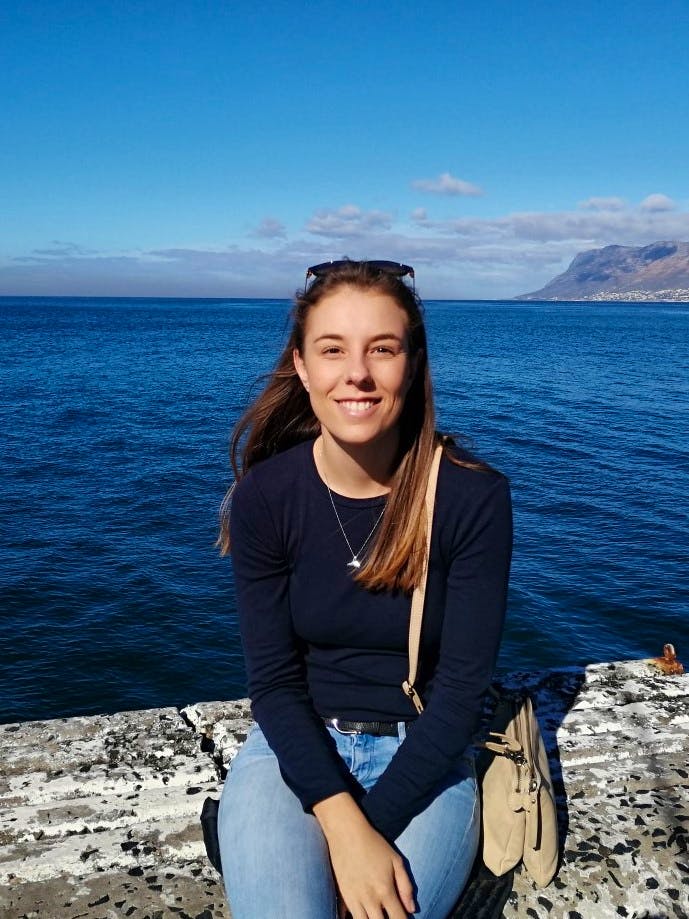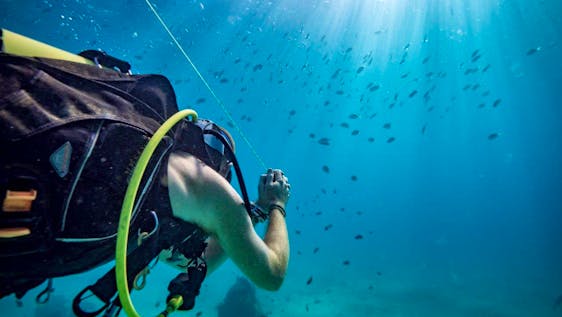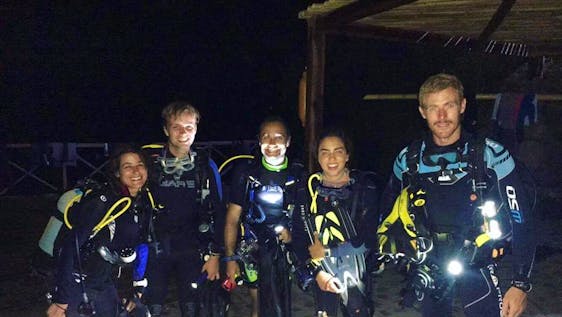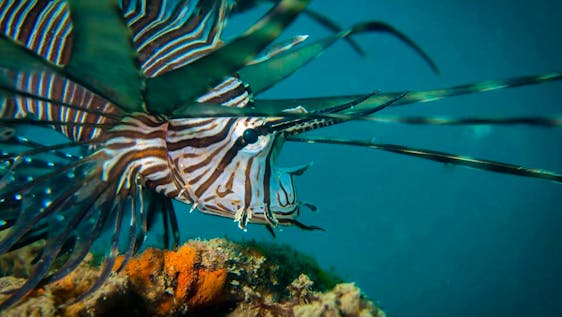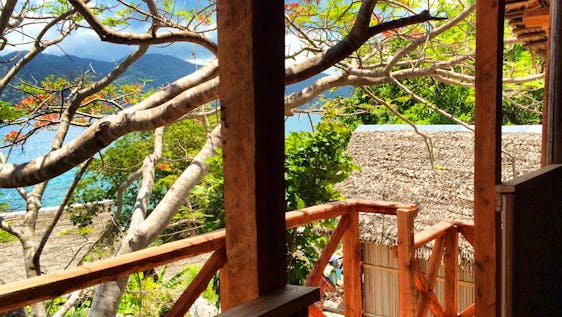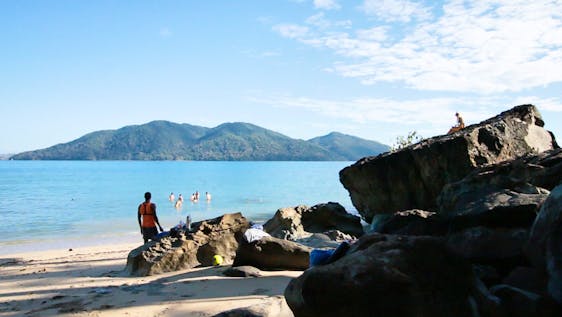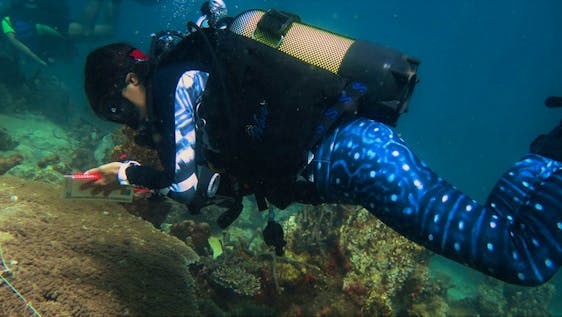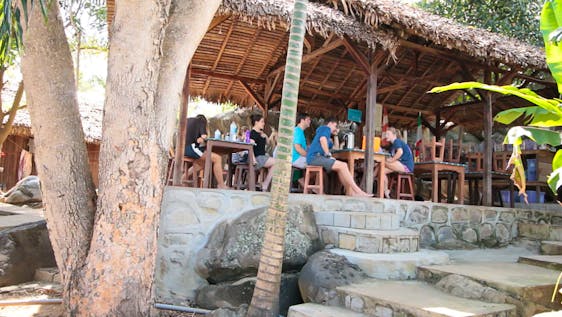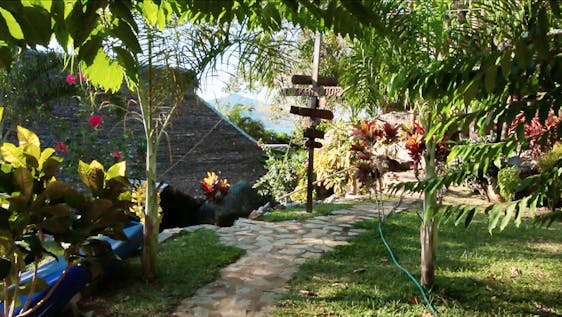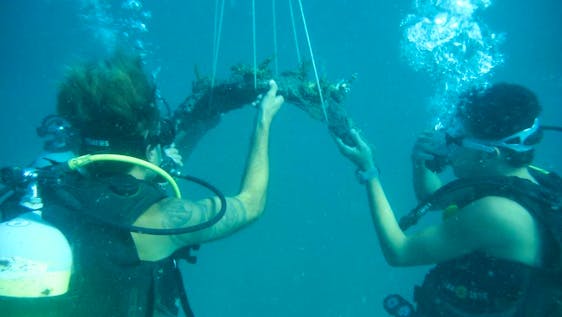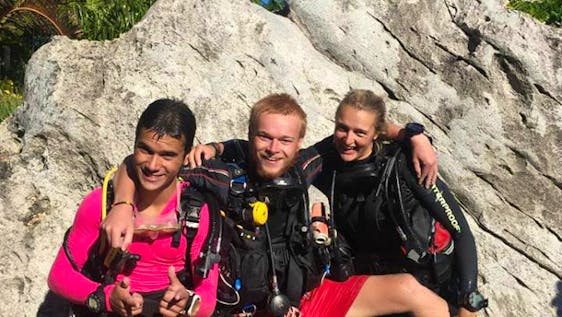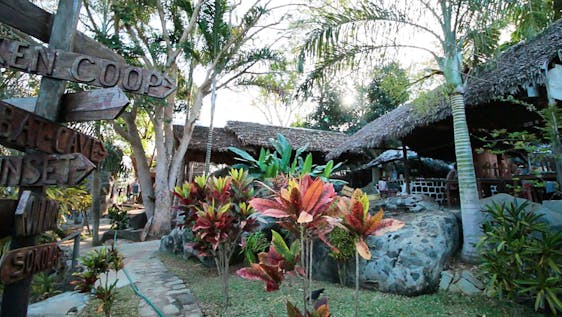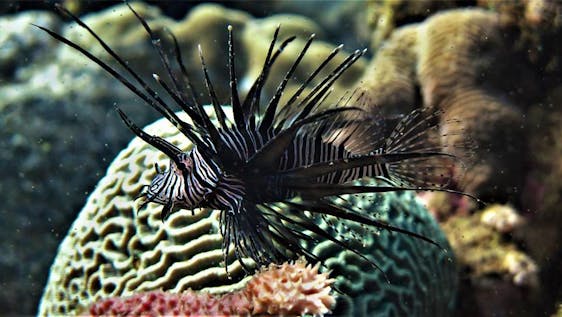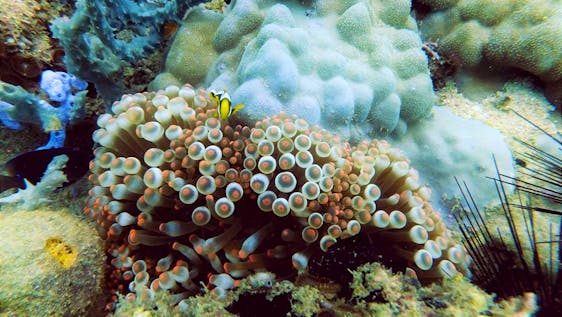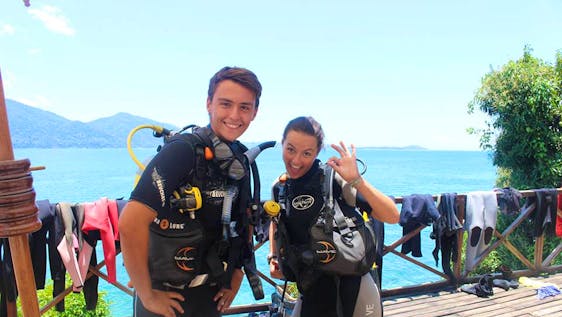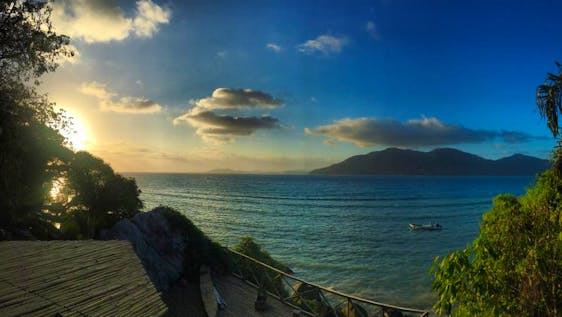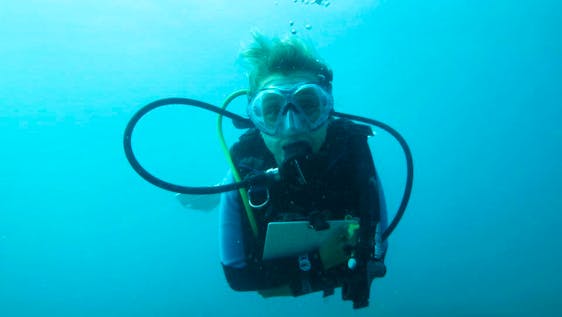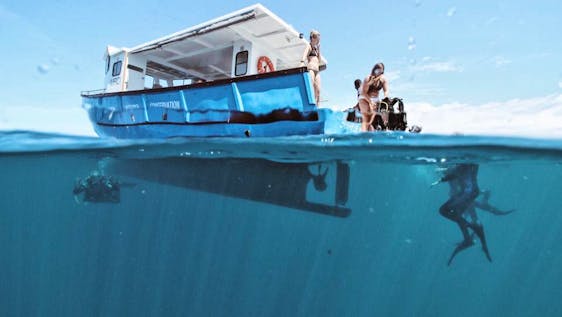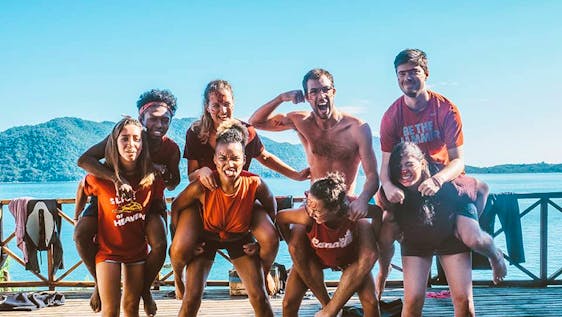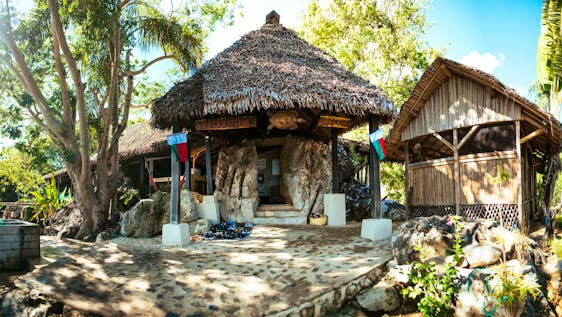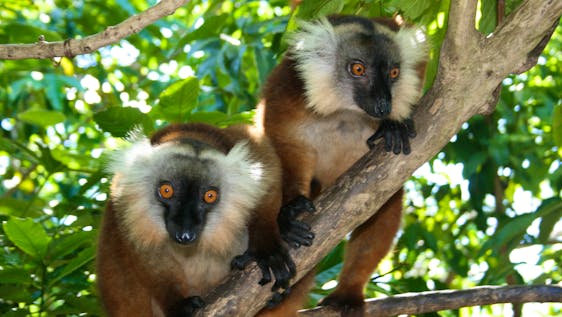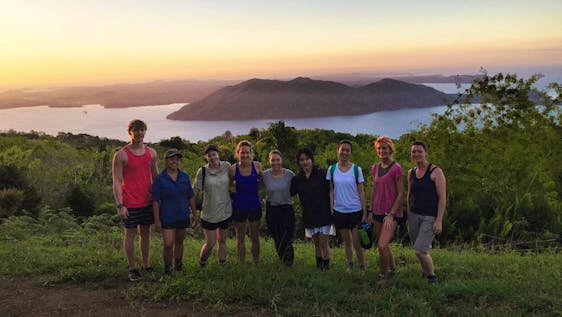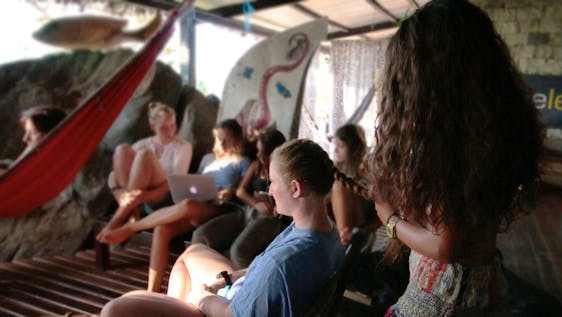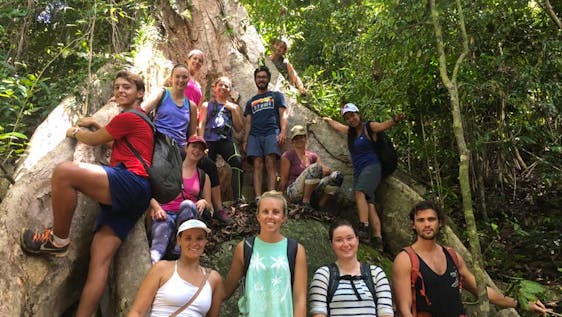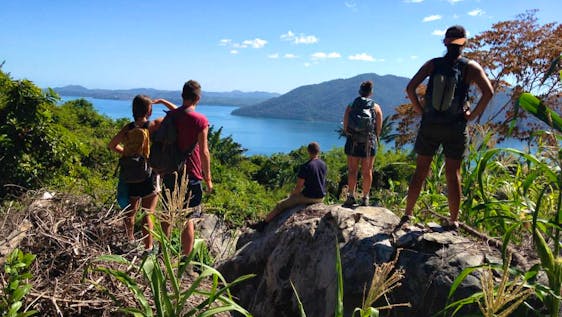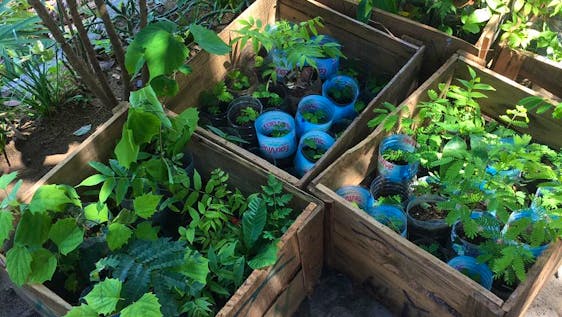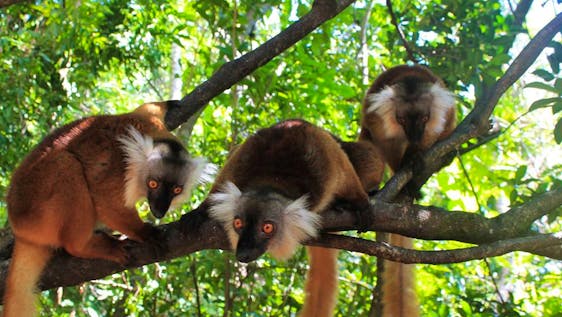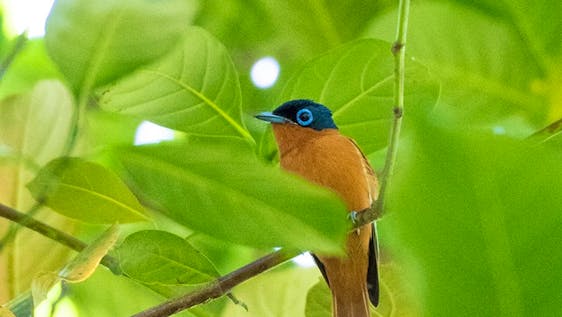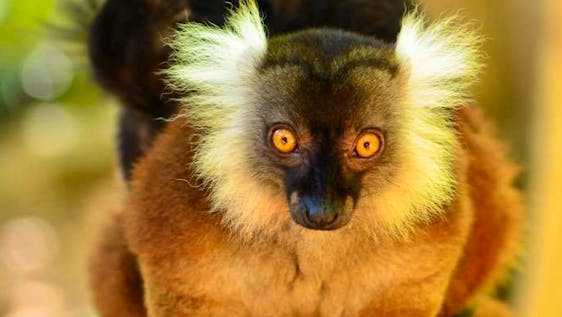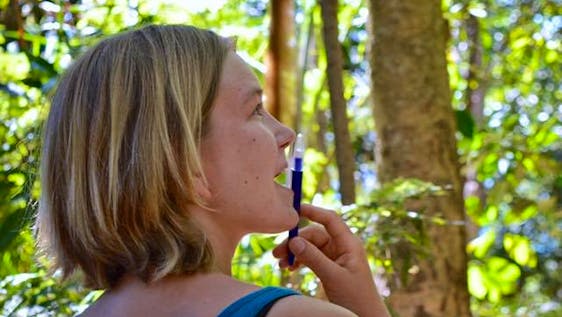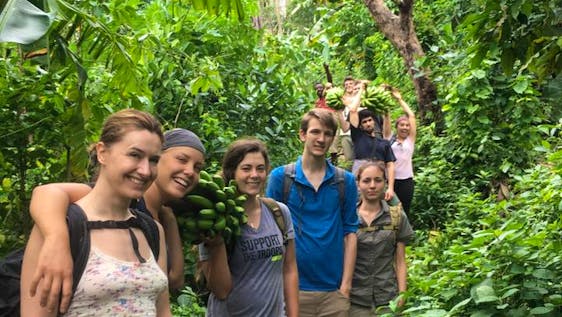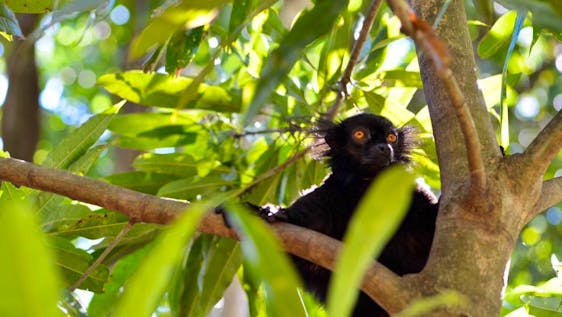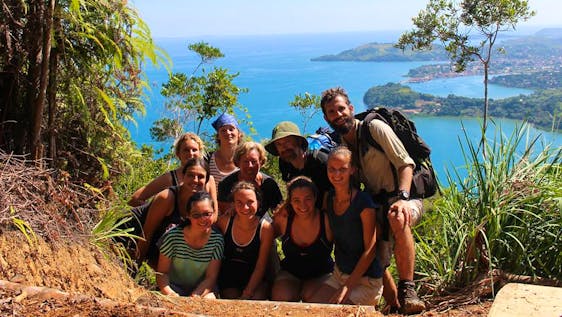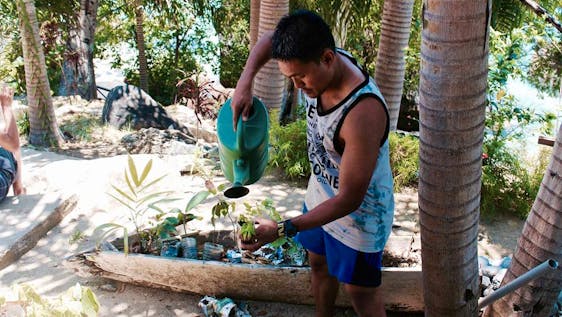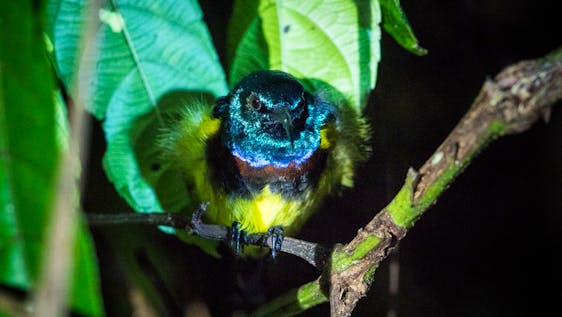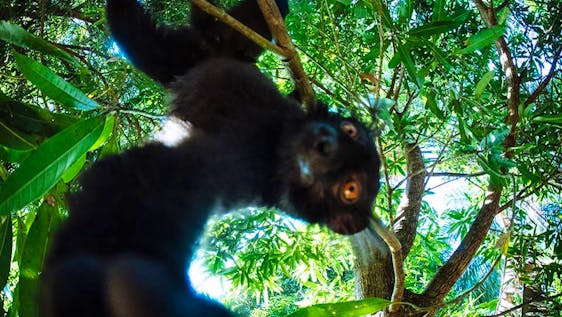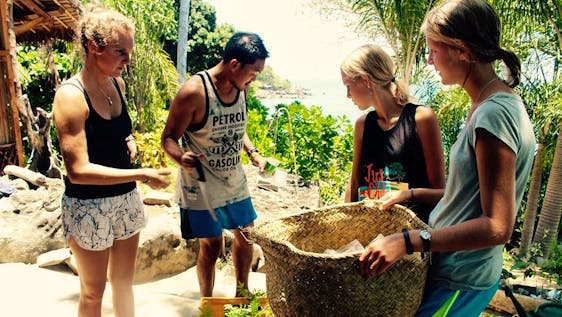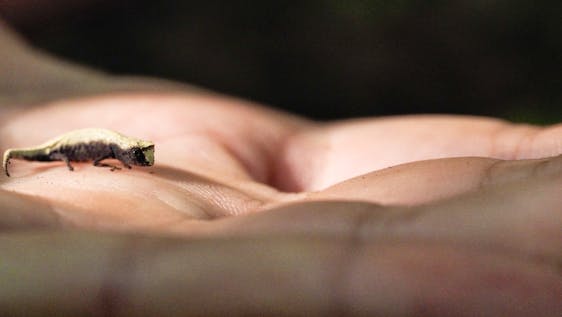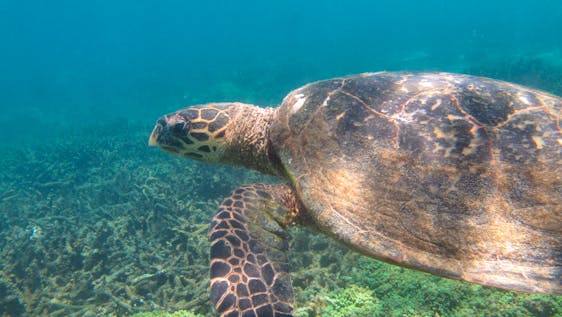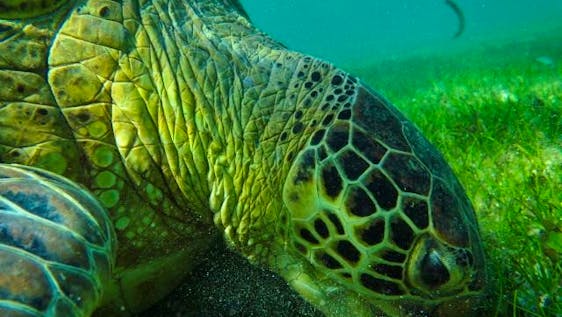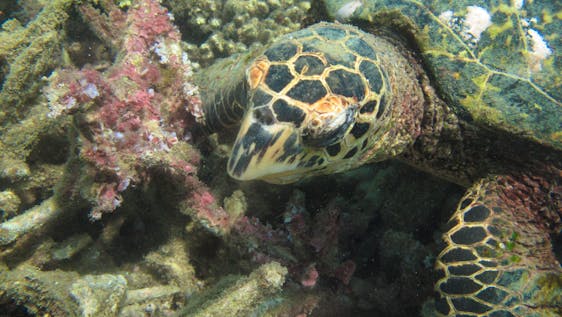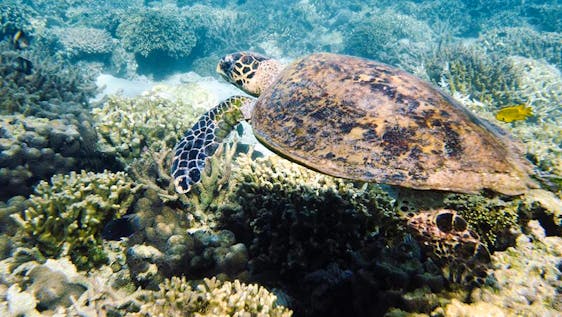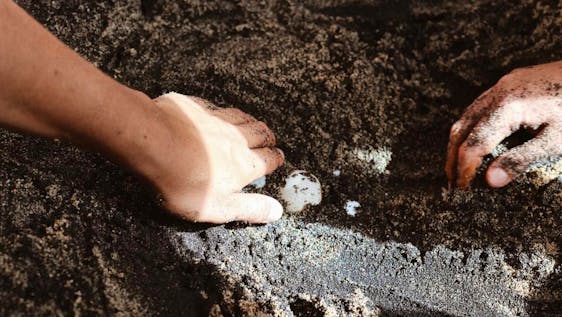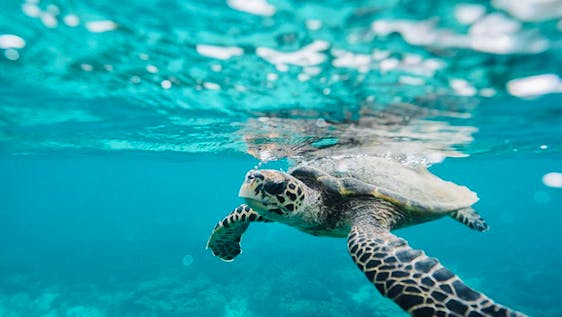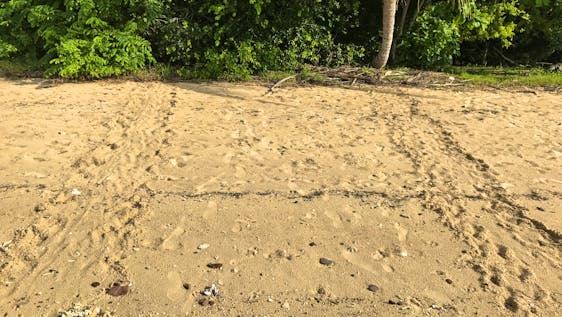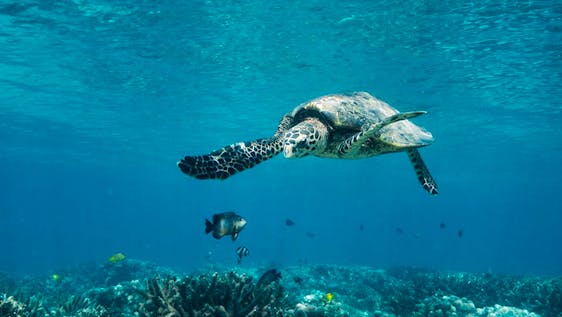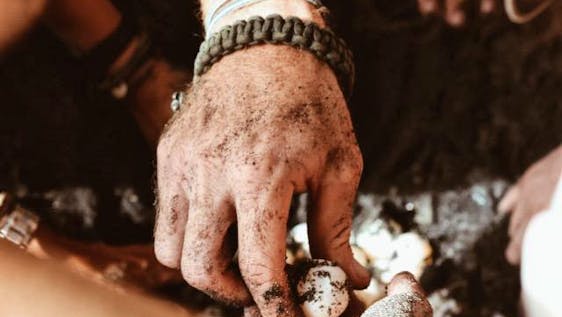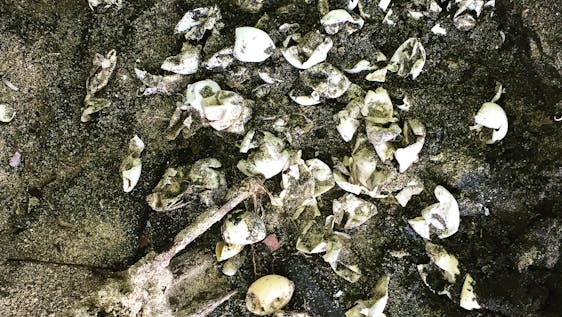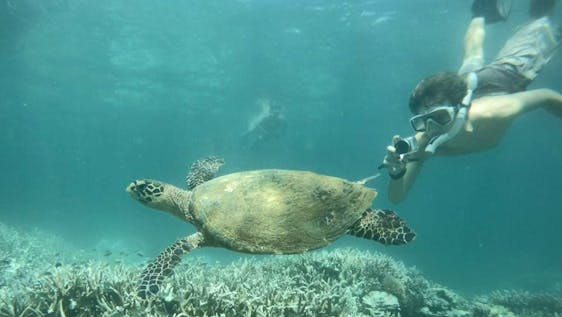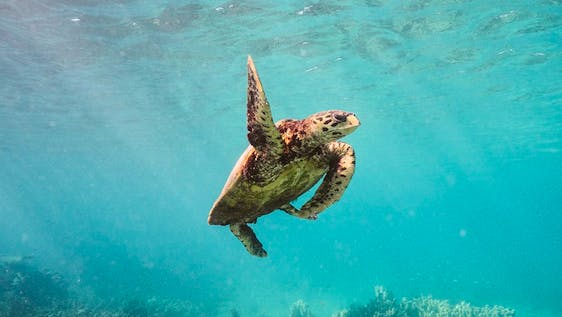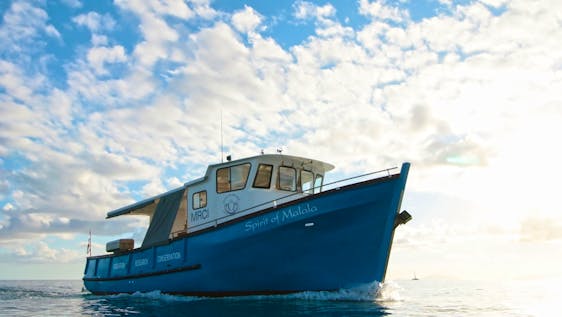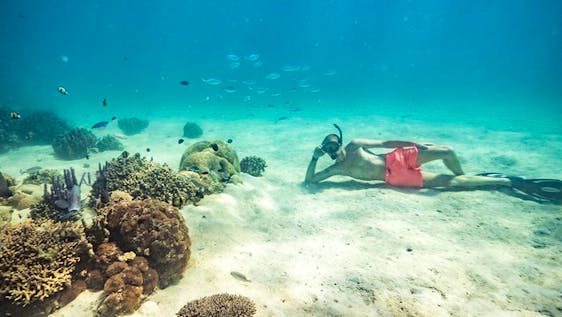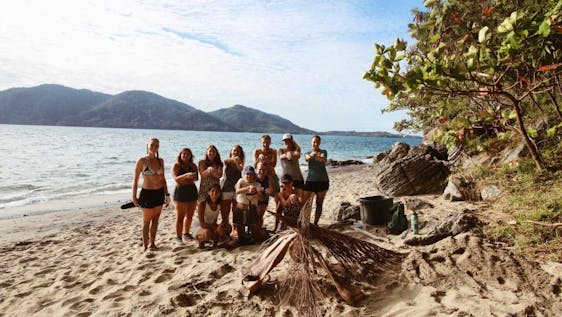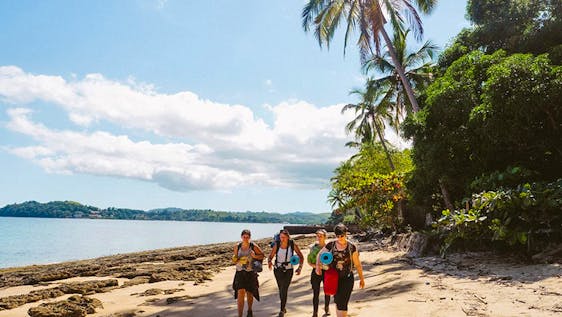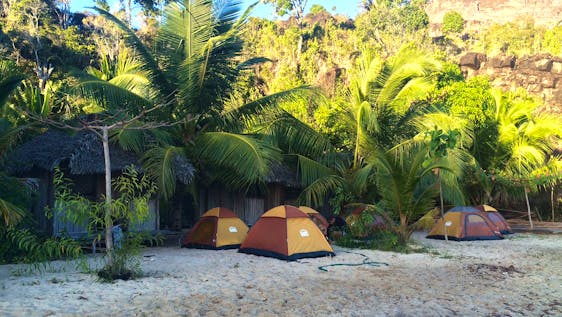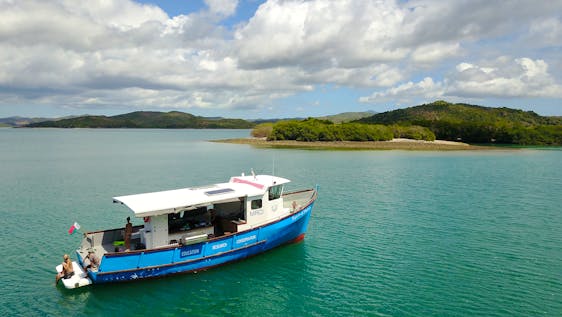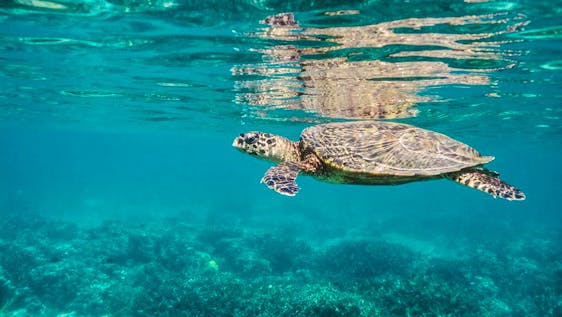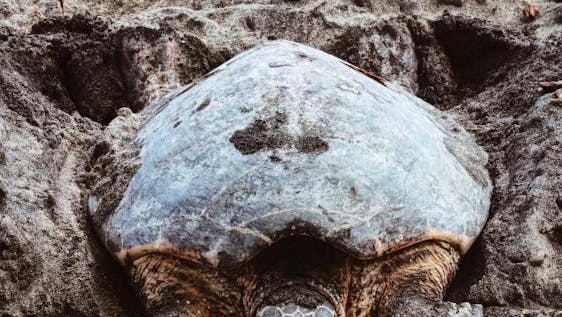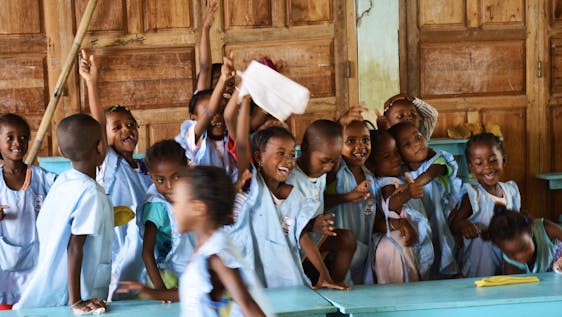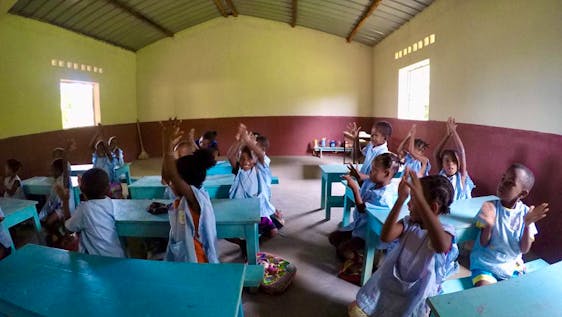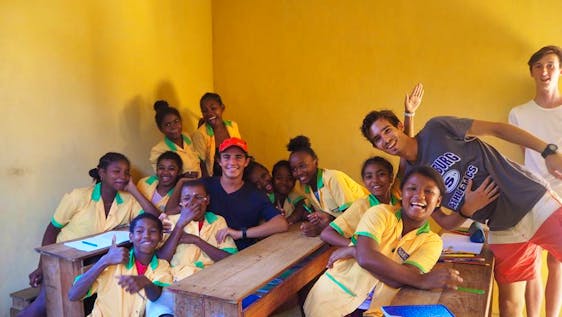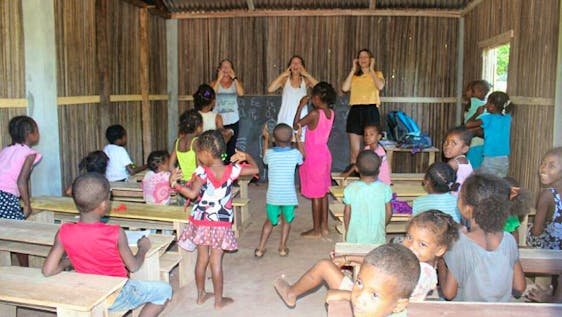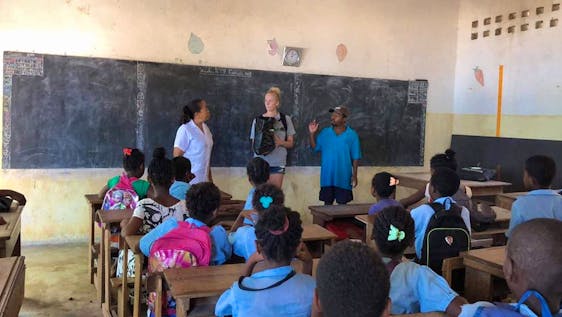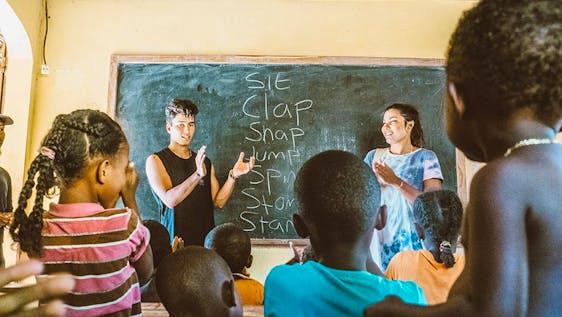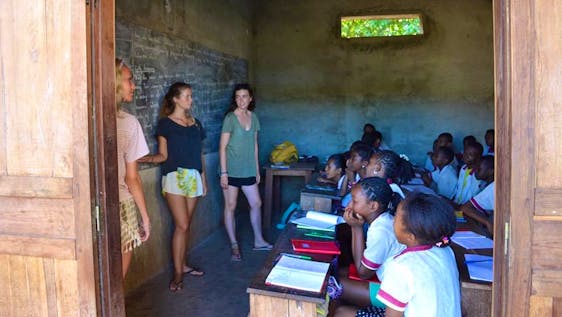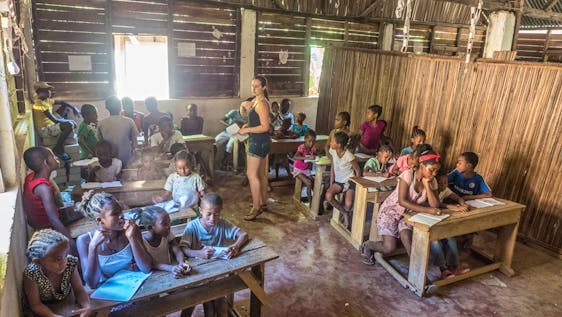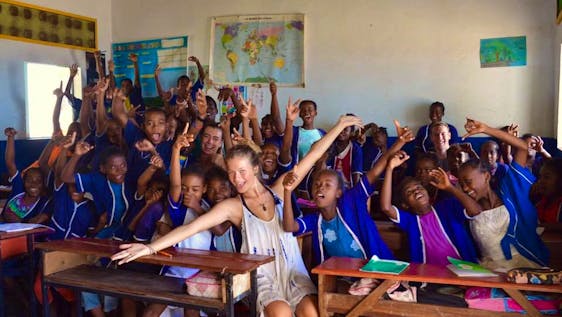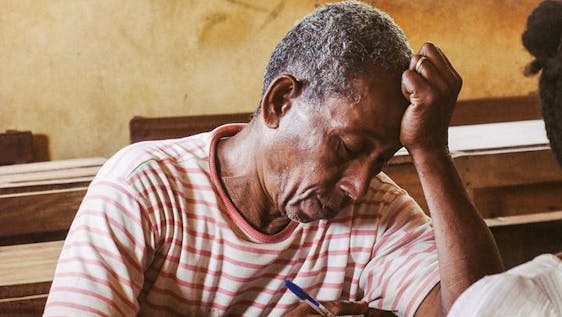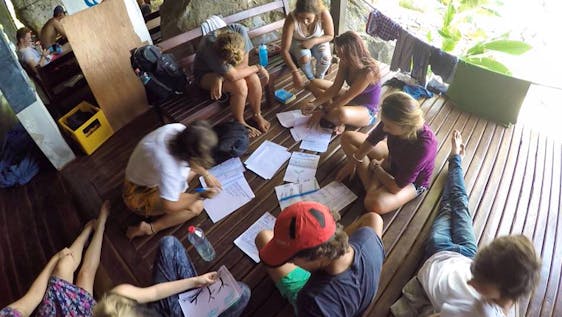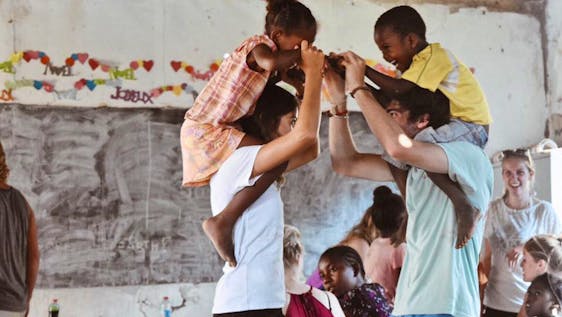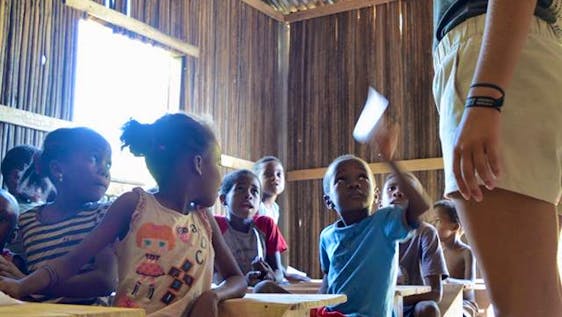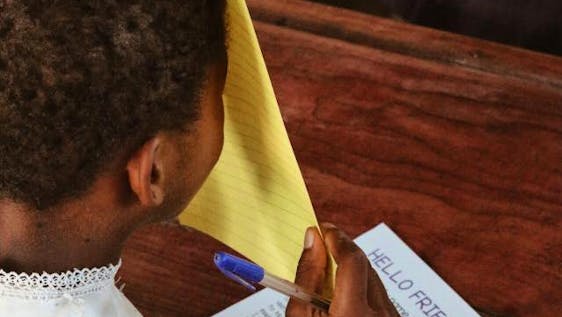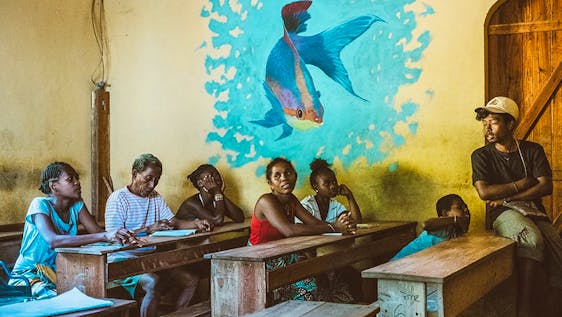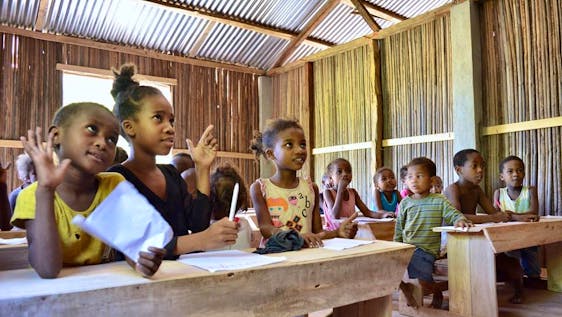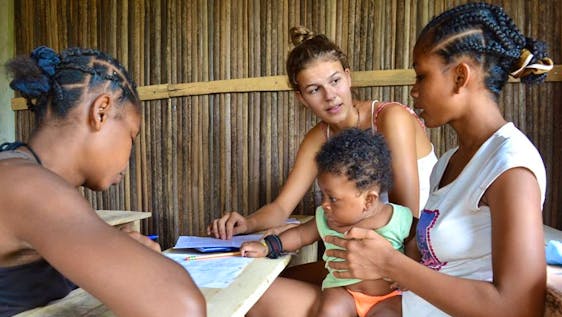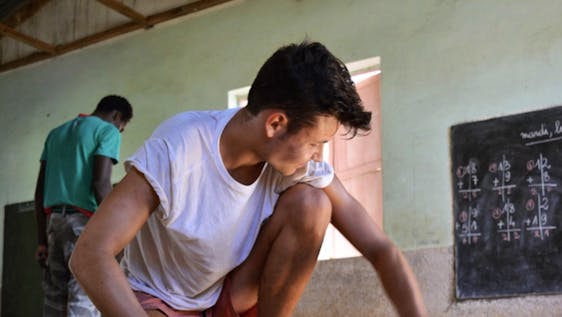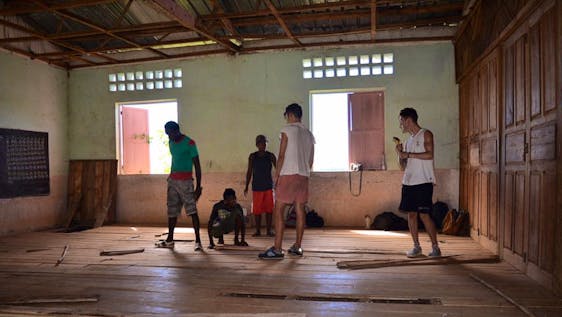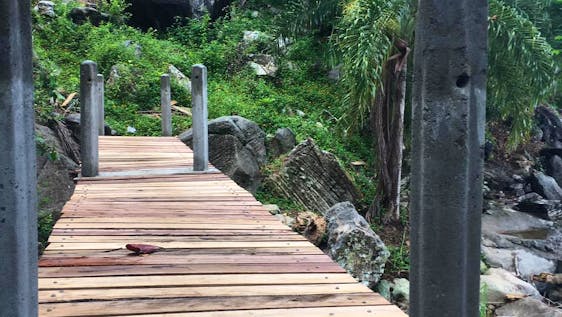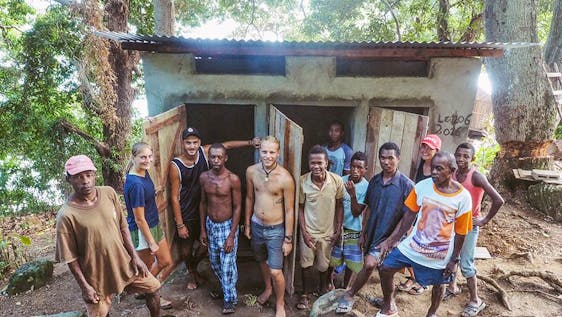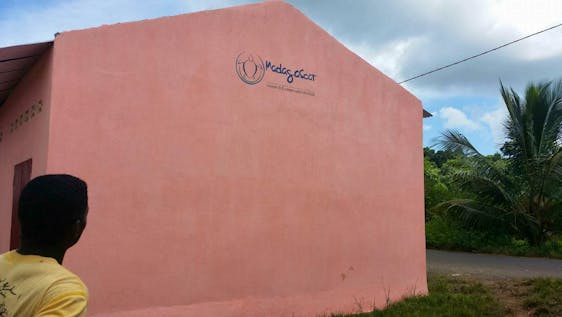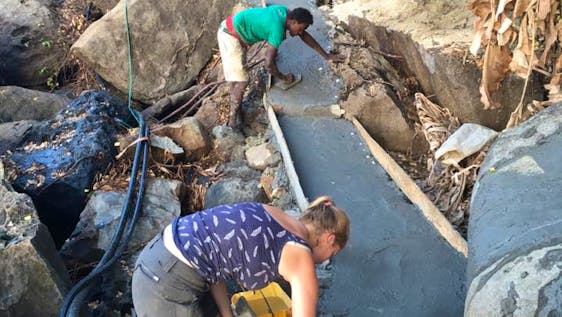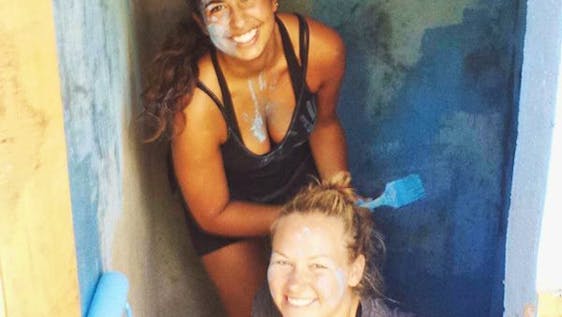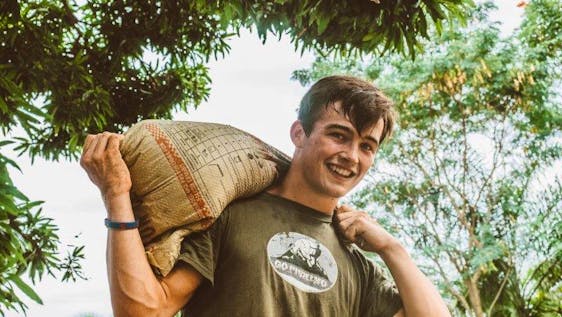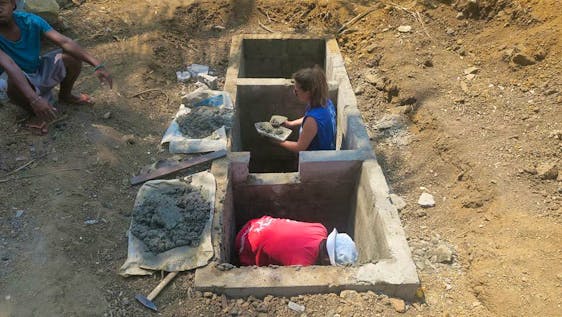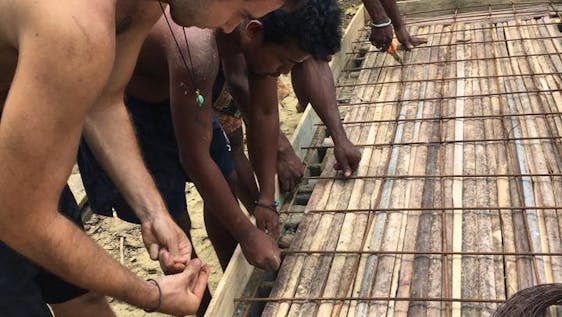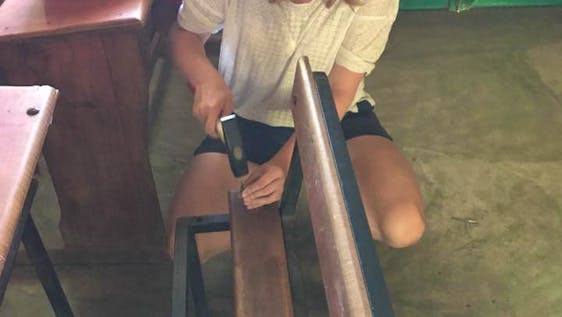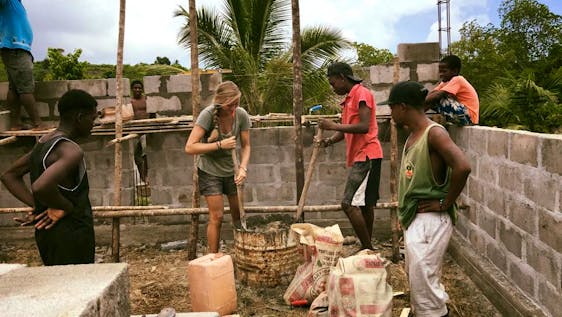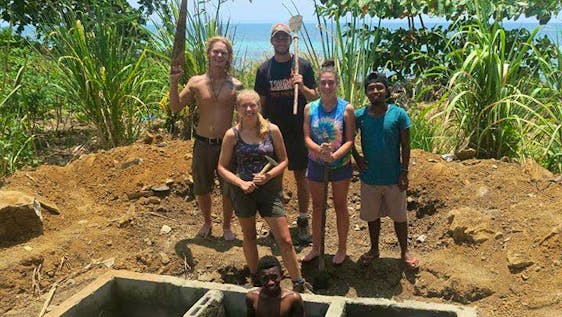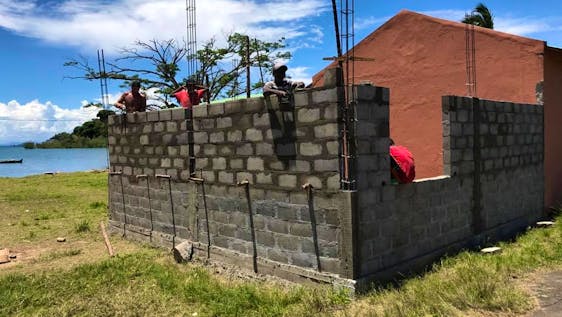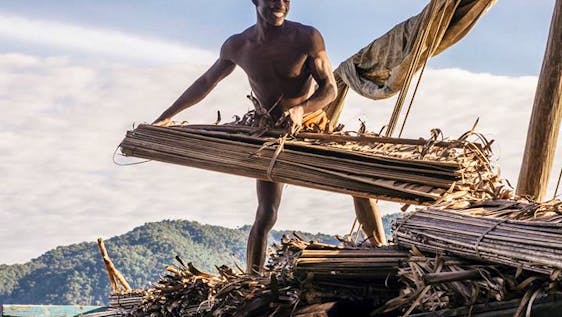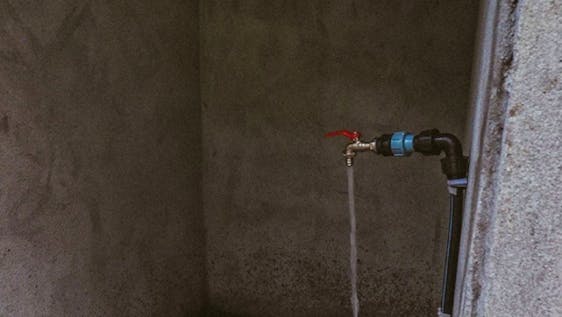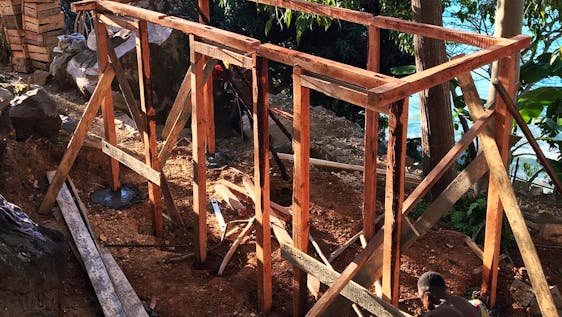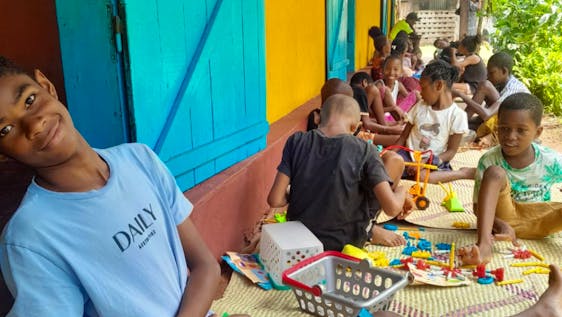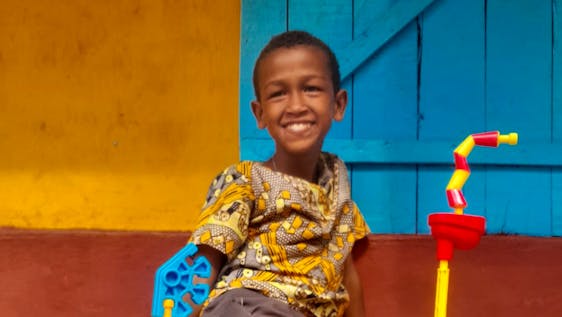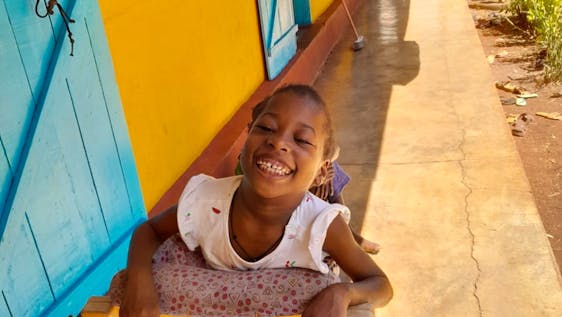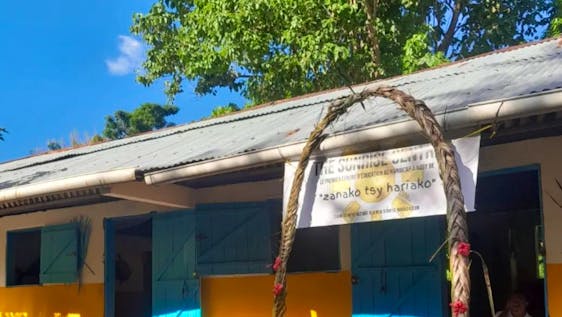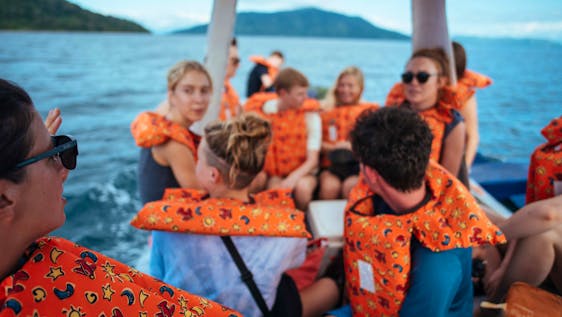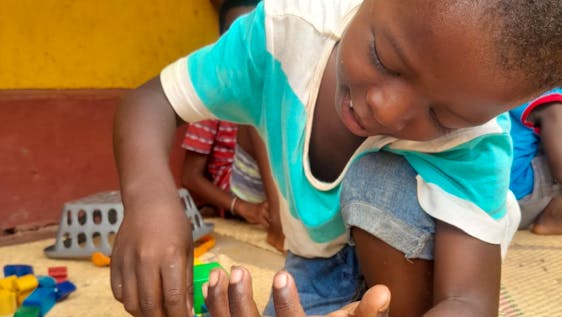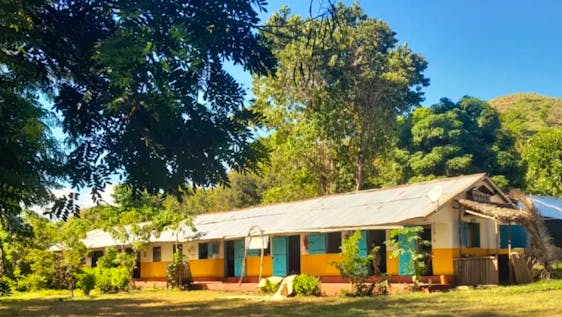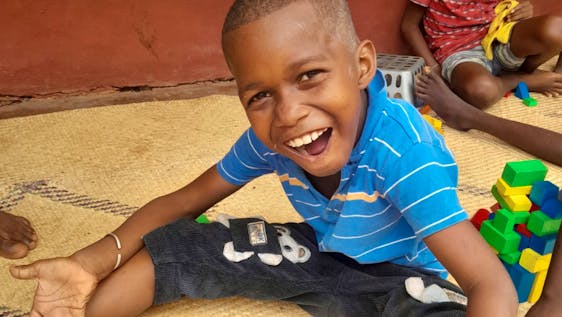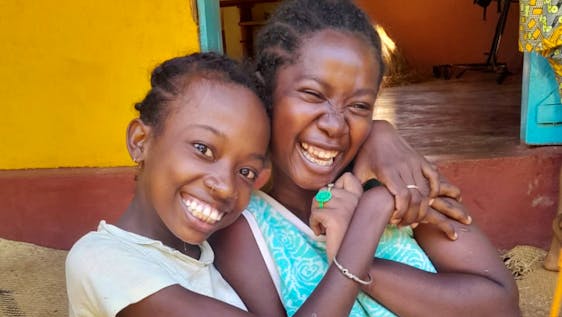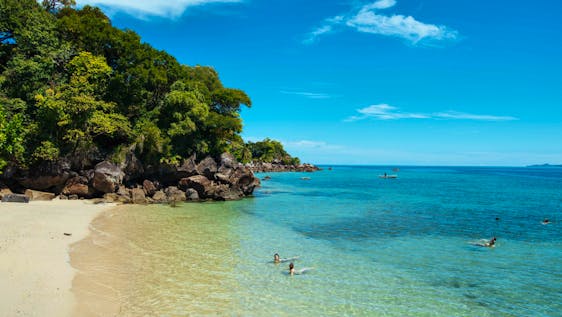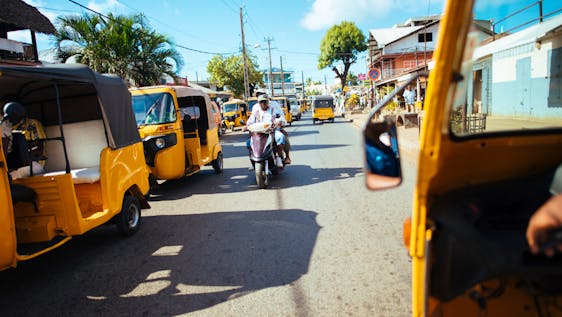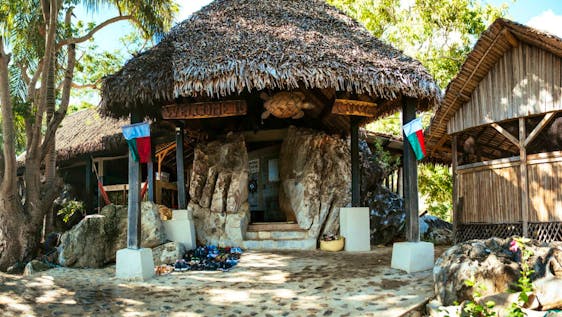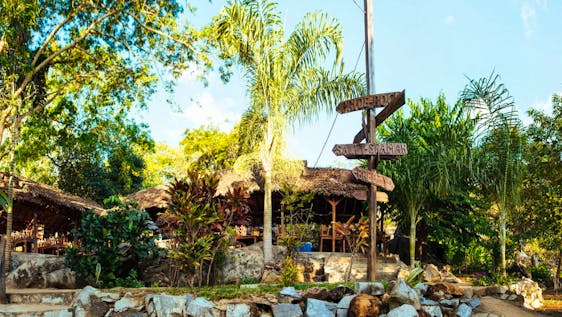Madagascar Research and Conservation Institute (MRCI) undertakes
environmental research and conservation in both the marine and terrestrial
environments. MRCI further actively involved in community development and
educational programs, as well as much needed reforestation in Madagascar.
MRCI educational programs include English teaching and other educational
programs geared towards the implementation of conservation initiatives such as the
hazards of plastic pollution and how marine species like whales, dolphins and sea
turtles are adversely affected.
MRCI’s Turtle Cove
research centre is located on Nosy Komba island and is the heart and home base
for all MRCI programs. Turtle Cove is nestled between a beautiful
tropical forest and a pristine beach which overlooks Nosy Be and the world
famous Lokobe Forest Reserve. Volunteers have easy access to the beach
and MRCI’s home coral reef that, in conjunction with the local community and
national government, MRCI have had declared as a Marine Protected Area.
Through long term monitoring, MRCI conservation programs
aim to actively contribute to the preservation of the unique flora and
fauna of Madagascar. While the community programs are aimed at improving the
lives of the Malagasy people in rural communities, the further aim is to
communicate the importance of preserving the environment for future
generations.
MRCI’s aims to provide the local community and schools
with English conversational and English Grammar lessons. This program not only empowers the community
but further offers a platform to volunteers to communicate and collaborate on
conservations topics and initiatives at grass-roots level. Volunteers have the opportunity to teach
English classes to students in small village schools on the islands of Nosy Be
and Nosy Komba, alongside delivering classes to adults in the local communities
as well. Volunteers will also be able to provide classes to the staff members
at the Oceanographic Research Institute on Nosy Be, where they will assist in
establishing a good working knowledge of English, enhancing their ability to
communicate ideas and collaborate scientific research findings internationally.
MRCI’s Community Development Program works hand in hand
with our conservation initiatives, goals and objectives. Each project
undertaken by MRCI is carefully planned and sanction by the community leaders.
The key focus of each project is the development of infrastructures where the
entire community benefit as a whole. The
aim of the community development program is to not only improve the lives and
living conditions of the people in our communities, but to further gain their
support of our conservation initiatives.
Once the projects have been identified and approved by MRCI and the
community leaders, work begins with MRCI sponsoring a portion of the funds
required. Volunteers assist not only with the physical labour required to
complete the projects, but also with initiating additional fundraising
campaigns.
MRCI’s Marine Conservation Program is run in
collaboration with a number of international oceanographic organisations. The main aim of the marine program is to
gather vital raw data through a variety of initiatives.
Volunteers
receive comprehensive training to prepare for research-based activities at sea.
Training covers species identification for marine wildlife, including turtles,
fish, corals and invertebrates as well as methodology of coral baseline surveying,
a key skill in marine conservation as a universal approach to monitoring the
state of coral reefs. This program has a
minimum duration of 4 weeks to allow sufficient time for volunteers to be able
to complete the dive and marine research training as well as to contribute
towards dive surveys.
MRCI’s Sea Turtle Monitoring Program has
been established to further our goals and objectives and enhance what has
already been accomplished in terms of developing Safe Turtle Breeding
Zones. MRCI has very successfully, with
the support of the local community, implemented a “Safe Turtle Nesting Zone” on
Nosy Komba Island. As part of this initiative, MRCI has employed security
personnel to provide 24 hour monitoring of this nesting zone to ensure the
safety of the turtles and their eggs. Identifying and implementing protection
measures for these breeding sites is paramount to safeguarding the species in
this area. The primary goals are to map and identify beaches used as
nesting sites; identify species diversity and numbers; engage and establish a
relationship with the local communities enabling MRCI to include them in the conservation
efforts and to monitor and remove plastic waste and other harmful products from
the beaches.
MRCI volunteers assist in identifying
nesting areas by visiting remote beaches on islands surrounding the island of
Nosy Be. This program gives volunteers the opportunity to get up close to these
beautiful creatures whilst helping to ensure the health and survival of the
species into future.
In
an effort to extend MRCI’s community and conservation reach beyond Nosy Be and
Nosy Komba, MRCI established an Island Outreach program where volunteers are
transported aboard the vessel the Spirit of Malala, spending 10 days visiting
several of Madagascar’s remote islands and villages. Volunteers are
involved in a range of initiatives such as teaching, small construction projects
and scientific research. Many of these island communities in Madagascar have
very limited basic resources. MRCI’s Outreach Program aims to assist
these local communities not only with access to education and resources, but
with basic first aid assistance as well.
MRCI’s
Forest Conservation Program involves constant monitoring of the forest and its
endemic wildlife on Nosy Komba Island. The aim of the forest conservation
program is to establish the diversity and abundance of species in order to
identify changes in forest dynamics, populations, habitat health and identify
potential localised threats. Forest volunteers receive species identification
training and learn how to conduct field surveys, set up equipment and collate
their data. MRCI’s community development program recently built toilets in the
local village of Ampadinombe and in turn MRCI received guardianship 20 thousand
square meters of degraded forest from the community to rehabilitate. This area
is now protected and MRCI is currently pioneering the development of an
agroforestry project that will create a system whereby the agricultural demands
of the local community are met whilst providing a sustainable area of healthy
forest for Nosy Komba’s wildlife. The
aim is to work with local communities to establish more of these protected
areas.
